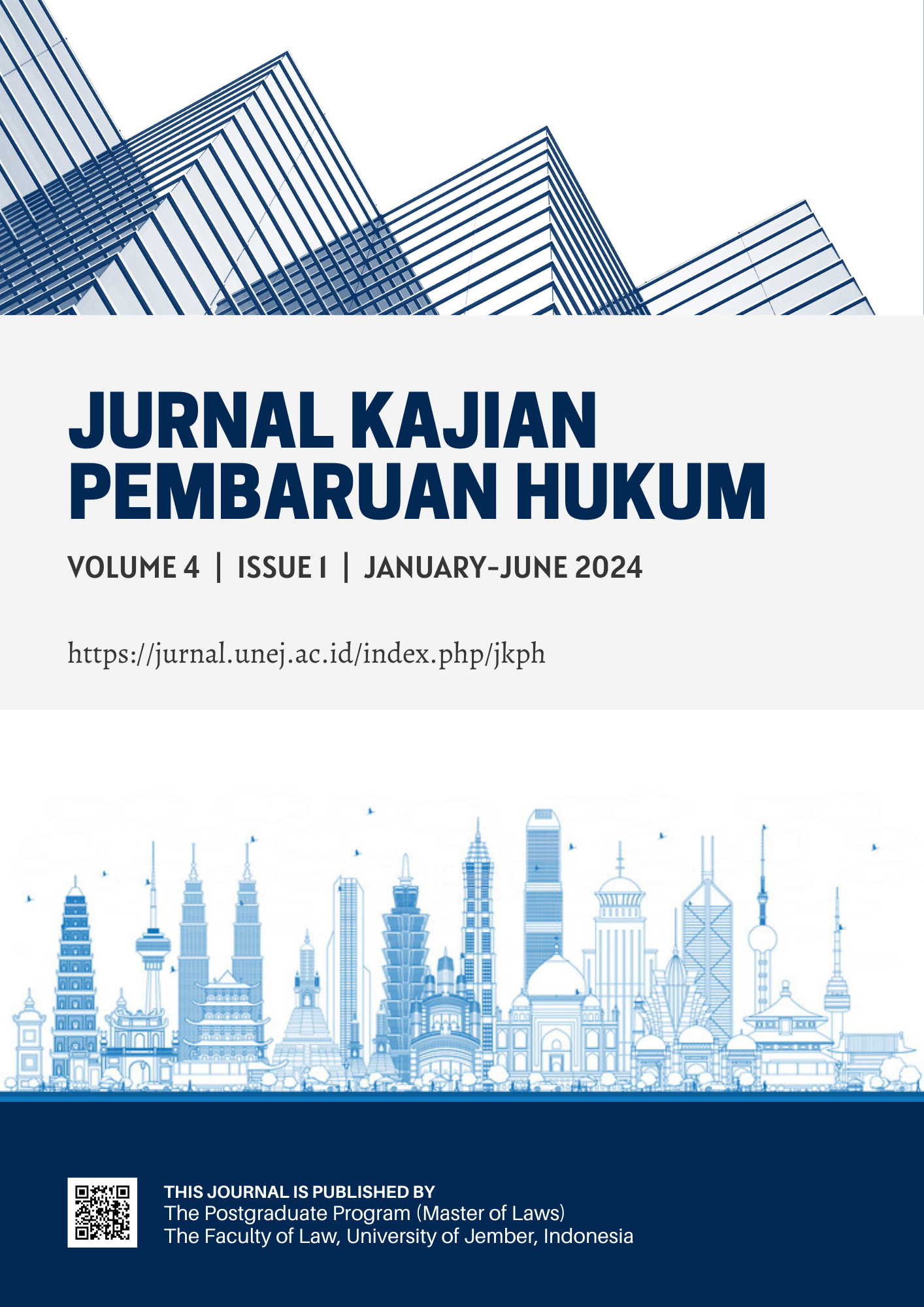Integrating Reproductive Justice Approaches in the Human Rights Framework: A Comparative Analysis of the U.S.A., India, and Indonesia
DOI:
https://doi.org/10.19184/jkph.v4i1.46509Keywords:
Constitutionalism, Reproductive Rights, Sexual HealthAbstract
Sexual health and reproductive rights have become instrumental in defining the constitutional horizons and constitutionalism thereof of a country. In this context, Roe v. Wade emerged as an authority on the issue of abortion, bodily integrity, and sexual health which traveled in various jurisdictions. The paper purports to explore the underlying complexities and challenges in asserting reproductive rights by undertaking a comparative study of the constitutional and legal framework in the U.S.A., India, and Indonesia. The research work carried out is socio-legal, the social realities to elaborate social phenomena about existing legal facts, and the author assessed and analyzed the status of reproductive rights in the U.S.A, India, and Indonesia through a comprehensive analysis of case laws decided by constitutional courts of these countries. The global debate on women's reproductive rights, championed by feminists, emphasizes the urgent need to eradicate gender stereotypes for true equality. Despite progress, many countries still face challenges due to religious, cultural, and socio-economic biases. Access to contraceptives, abortion rights, and information remains limited. Promoting equal parenting and raising awareness are crucial. Legal mechanisms, like Roe v. Wade, have advanced reproductive rights, but regressive rulings like Dobbs pose threats. The demands of diverse communities, including same-sex couples, require revisiting legal frameworks. Constitutionalizing these rights and allocating funds for awareness and healthcare are vital steps. Governments must address child marriage and provide inclusive sex education, prioritizing reproductive health as a fundamental human right.
Downloads
Downloads
Published
Issue
Section
License
Copyright (c) 2024 Jurnal Kajian Pembaruan Hukum

This work is licensed under a Creative Commons Attribution-ShareAlike 4.0 International License.







